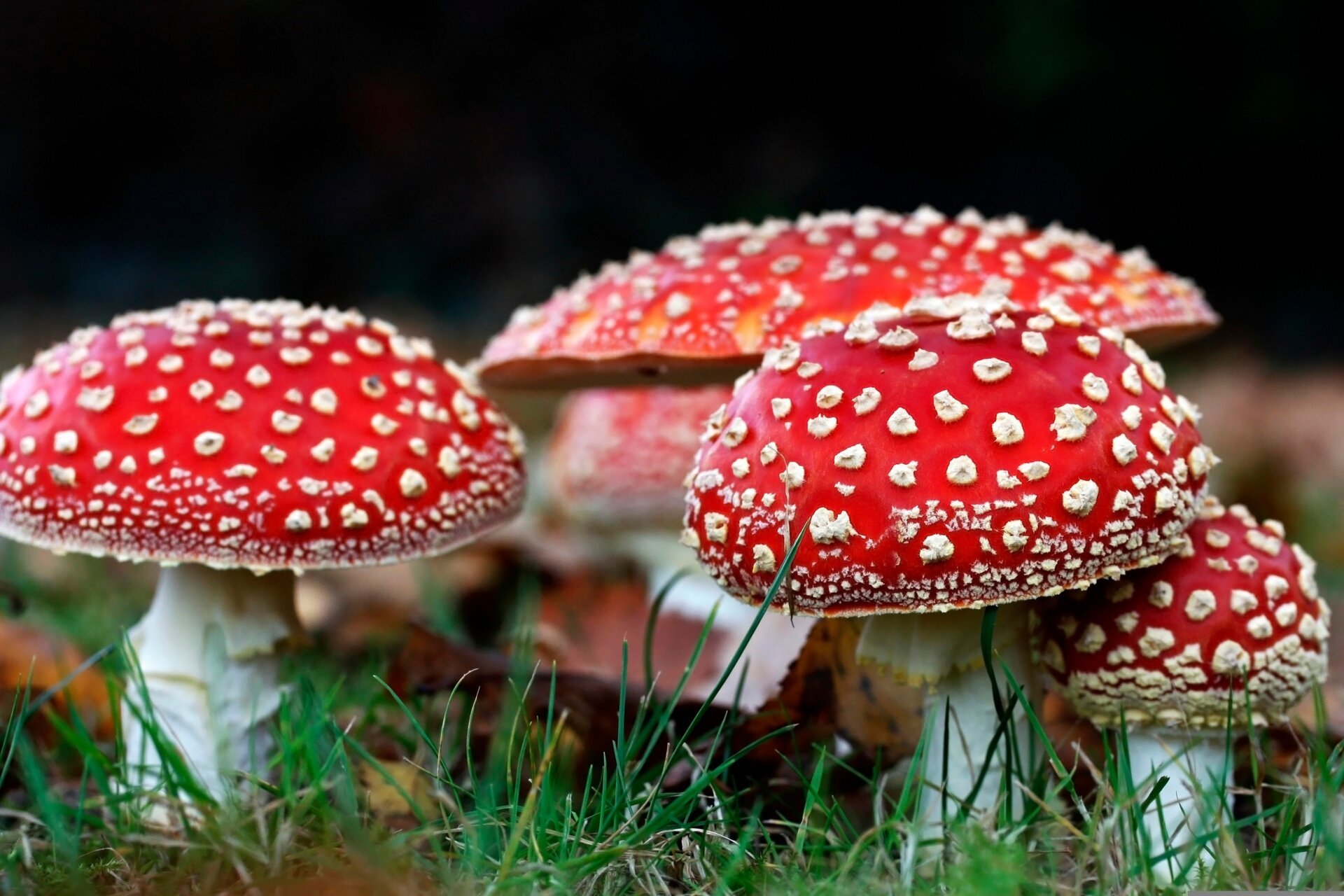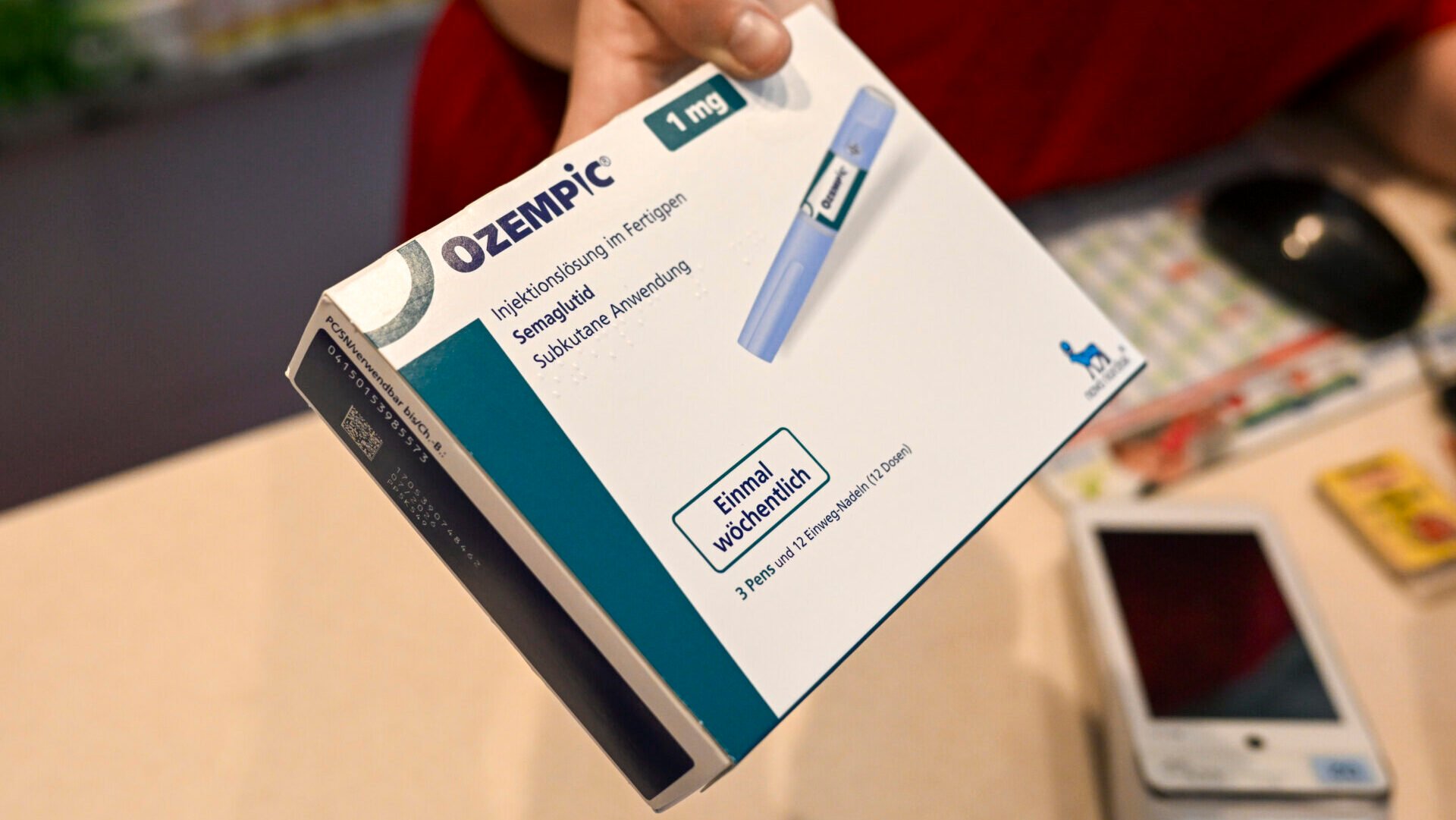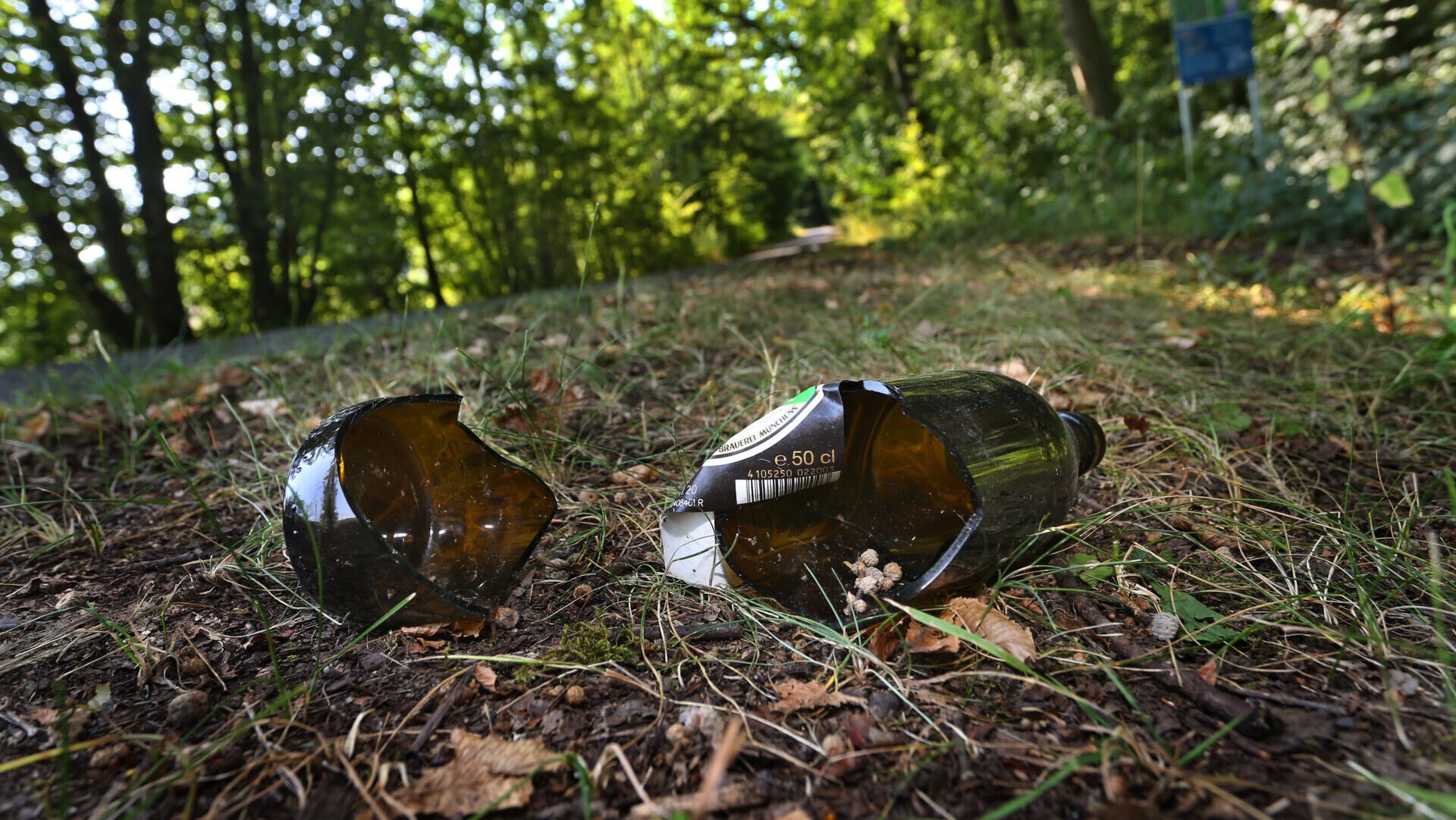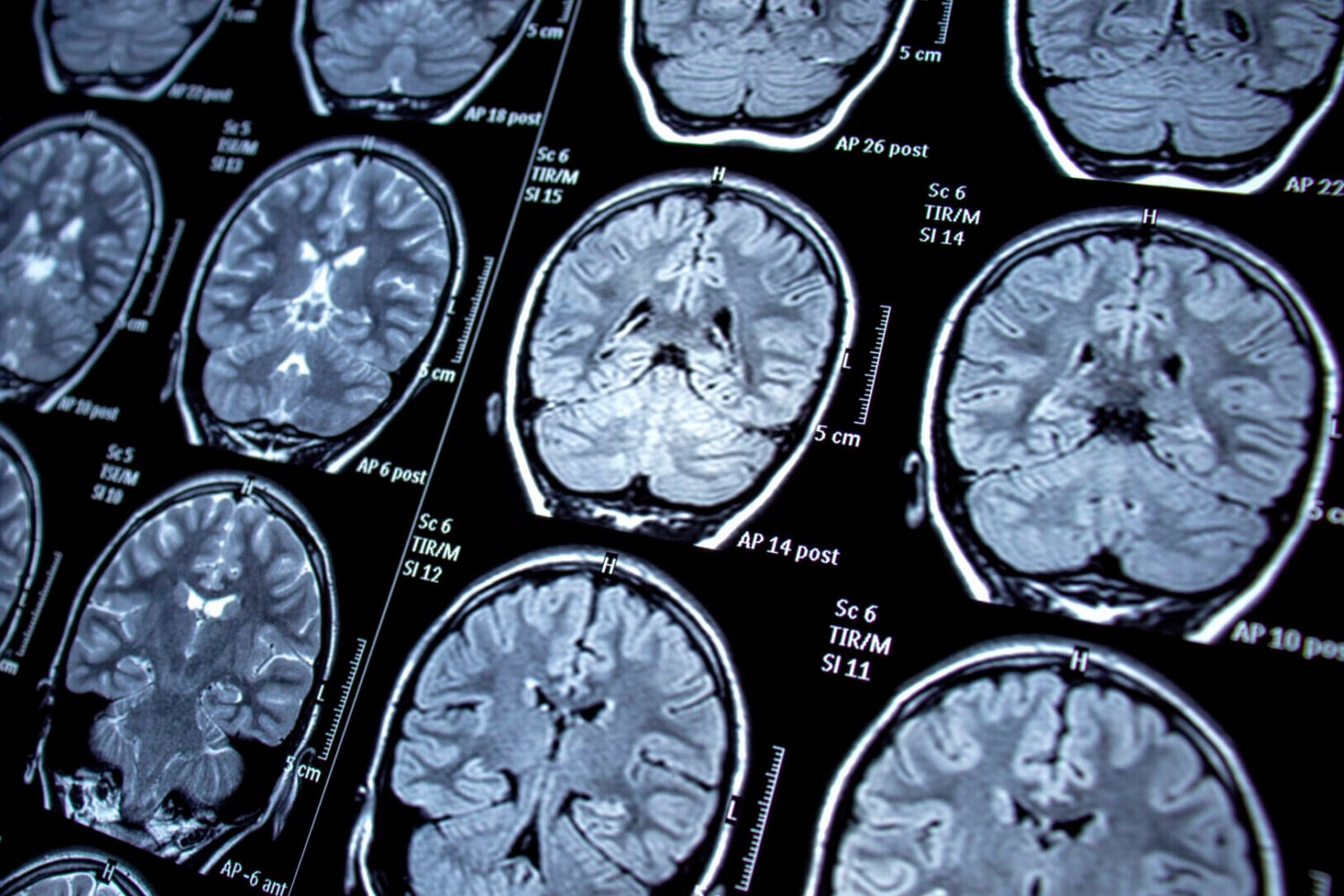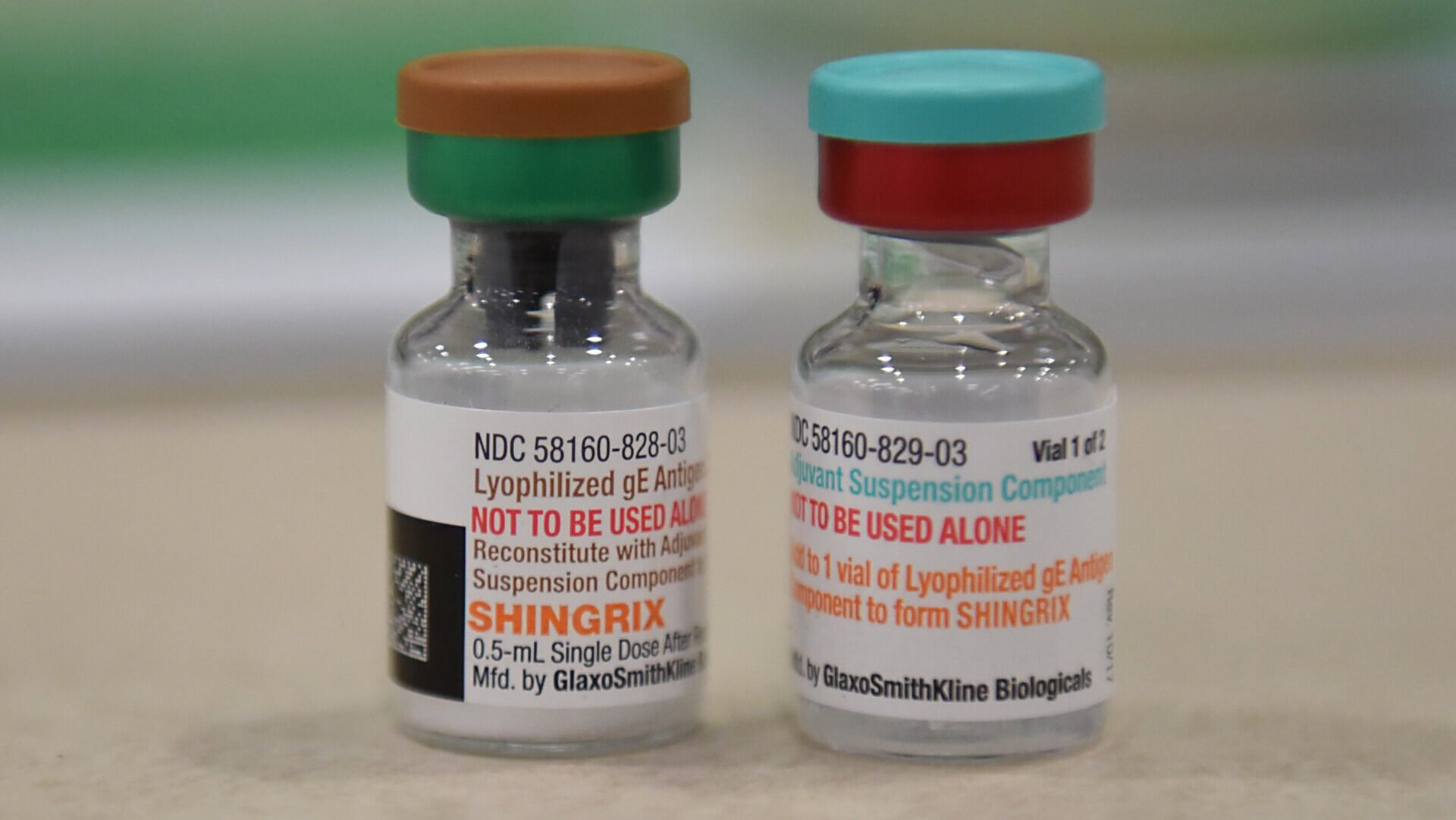Brain-health gummies sold in gas stations and smoke shops have been linked to hospitalizations due to the presence of illegal hallucinogenic substances. Five individuals, including a 3-year-old child, required emergency medical attention at the University of Virginia Health Medical Center between September 2023 and June 2024 after consuming these gummies. While all were eventually discharged, the child needed an overnight stay.
This incident prompted poison experts to test five different brands of these gummies. Three brands tested positive for psilocybin or psilocin, the psychoactive compounds found in psychedelic mushrooms. These substances are classified as Schedule I drugs by the FDA, meaning they are considered to have no accepted medical use and a high potential for abuse. Ironically, the gummies were marketed as “nootropics,” substances that enhance cognitive function.
The gummy brands claimed to contain Amanita muscaria, a legal type of mushroom, rather than the illicit substances. While Amanita muscaria is legal, concerns have been raised about its unregulated sale. A June 2024 article in the American Journal of Preventive Medicine highlighted the mushroom’s toxicity and potential hallucinogenic effects, even though it doesn’t contain psilocybin or other typical psychedelics. The researchers emphasized the lack of FDA Generally Recognized as Safe (GRAS) or New Dietary Ingredient (NDI) notifications for these products, despite being marketed as food or dietary supplements.
Further analysis of the gummies revealed other undisclosed ingredients, including caffeine, ephedrine, and kratom. Kratom, a stimulant with opioid-like effects, is illegal in six states. The UVA researchers documented their findings in a CDC Morbidity and Mortality Weekly Report, characterizing the unregulated sale of these gummies as a potential public health risk. They urged medical professionals to be vigilant for symptoms like hallucinations, altered mental status, elevated heart rates, and gastrointestinal issues in their patients.
Researcher Avery Michienzi, the author of the report, cautioned against equating “legal” with “safe” in a press release. The lack of regulation means these products can contain various undisclosed substances, potentially leading to adverse health effects. The discovery of hallucinogens in brain-boosting gummies underscores the risks associated with unregulated supplements and highlights the importance of consumer awareness.
The presence of these illegal substances in products marketed for brain health raises serious concerns. The lack of regulation and accurate labeling puts consumers at risk. Increased awareness, stricter regulations, and further research are crucial to protect the public from the potential dangers of these products.



